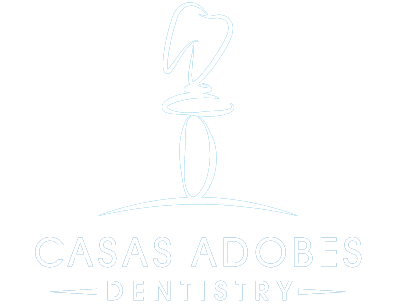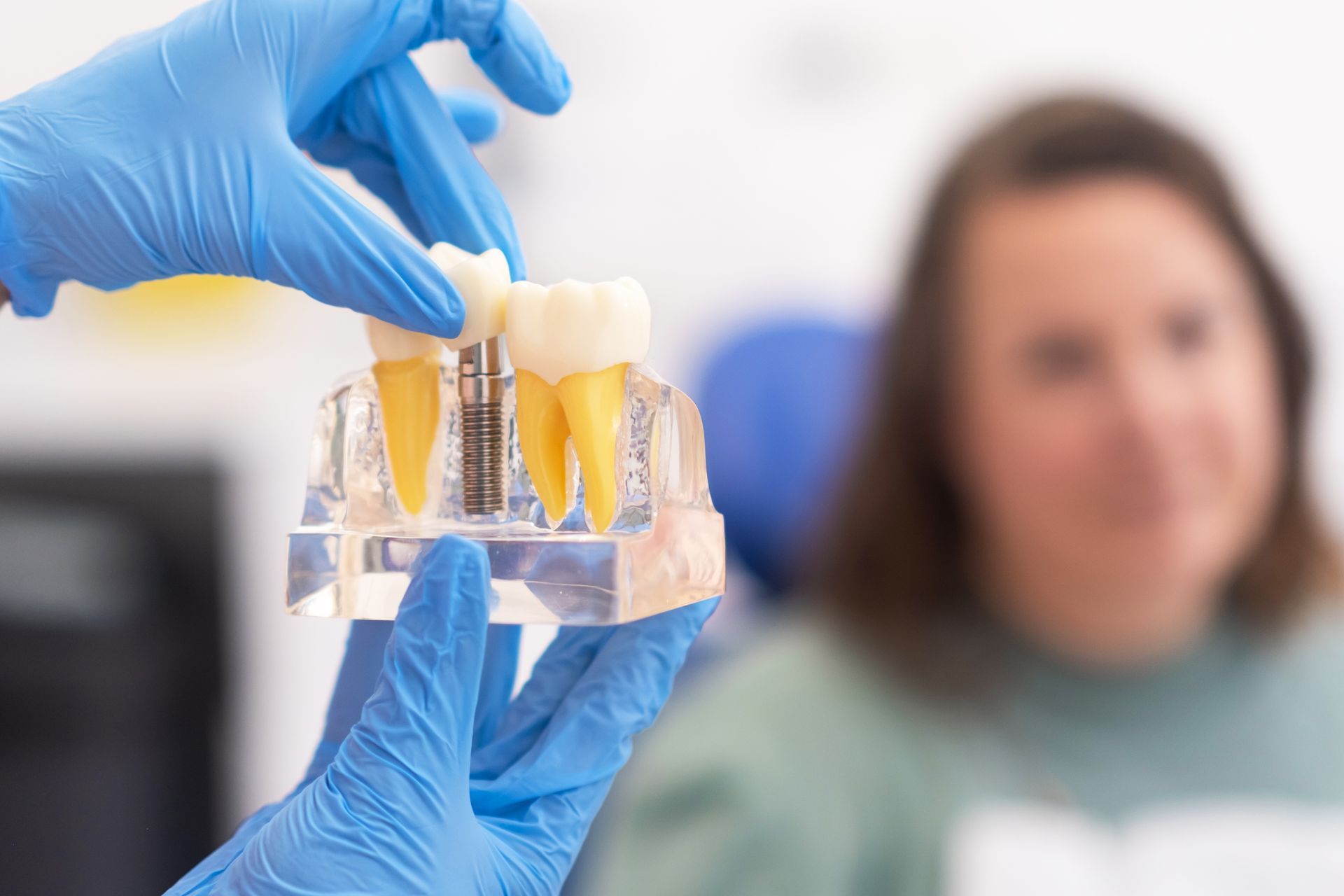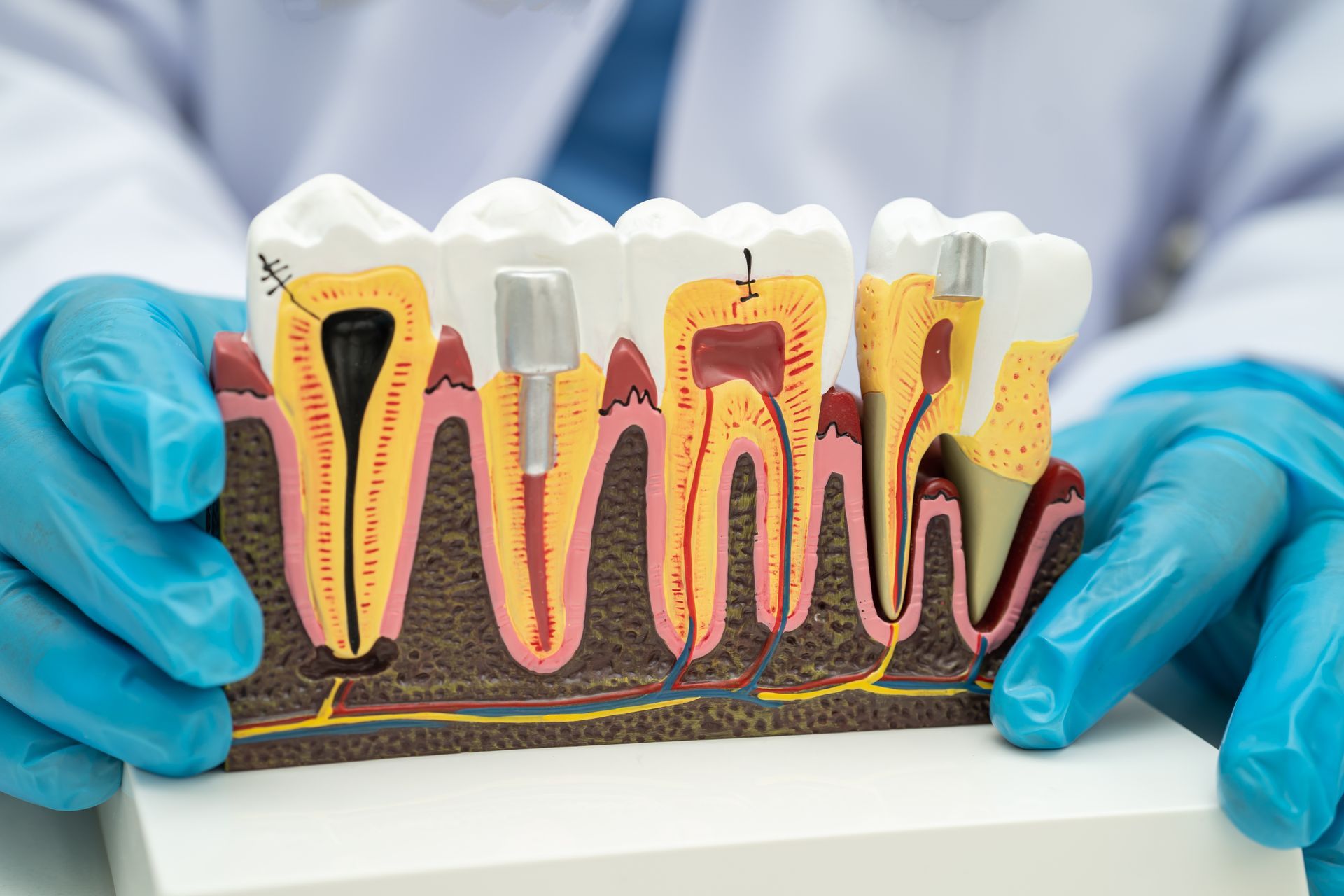Can Periodontics Help Prevent Dental Emergencies?

Periodontics care is specialized dental care for treating and preventing periodontal disease from reappearing. Scaling and root planing may be performed on patients with periodontal disease to eliminate bacterial plaque and other toxins. Gum disease-causing bacteria can reappear three to four months after initial treatment. As a result, the dentist will recommend coming for cleanings and checkups every three to four months.
Preventing dental emergencies with periodontics
Gum disease can be prevented by removing tartar and plaque above the gum line. Otherwise, plaque hardens into calculus, which releases toxins. Below the gum line, the dangerous bacteria can multiply and wreak havoc. Patients may experience symptoms of dental emergencies such as itching, redness, and swelling of the gum tissue once calculus forms below the gum line. Therefore, periodontal treatment is important for healthy gums and bones and prevents periodontitis, a major dental emergency.

Scaling and root planing
Scaling and root planing is a special periodontal disease treatment and is the first step in treating periodontitis. Scaling and root planing are typically done using an ultrasonic cleaner. The ultrasonic cleaner vibrates at a high frequency to separates the hard tartar accumulation from the tooth. It is possible that the scaling and root planing treatment would require more than one appointment. After gum health is restored, patients will need to undergo preventive periodontic care every three or four months.
Dental cleaning or preventive periodontic care
A dental hygienist cleans and polishes the teeth above the gum line during prophylaxis, also known as a routine dental cleaning. Most dentists recommend that cleanings be done every six months. The objective is to prevent gum disease and tooth decay.
Preventive periodontal treatment, on the other hand, is the cleaning of the teeth above and below the gum line. The treatment aims to keep periodontal disease from reappearing. Deep cleanings are usually performed three to four times a year at the dental office.
Progression of gingivitis to periodontitis
The first stage of gum disease is gingivitis. Gingivitis has mild symptoms. The gingiva, or gum tissue around the base of the teeth, is often irritated and reddened when food debris and plaque become stuck between the tooth and the gum tissue. Patients can reduce the risk of gum infection by practicing good oral hygiene, which involves brushing and flossing. The dentist can help prevent gingivitis with regular, thorough dental exams.
Untreated gingivitis progresses into periodontitis. Periodontitis can cause gum recession, bone loss, and tooth loss if left untreated. The condition has also been linked to other systemic diseases. Advanced gum disease can cause severe oral pain and compromise dental health. Fortunately, periodontics can help treat the disease and reverse the effects.
In conclusion
The most important thing to remember about gum disease is that early detection is critical. The earlier problems are identified, the more effective the solution. If you believe you might be at risk for gum disease, schedule an appointment with our dental office. The dental professional may recommend periodontics to prevent potential dental emergencies in the future.
Request an appointment here: https://www.casasadobesdentistry.com or call Casas Adobes Dentistry at (520) 365-0559 for an appointment in our Tucson office.








